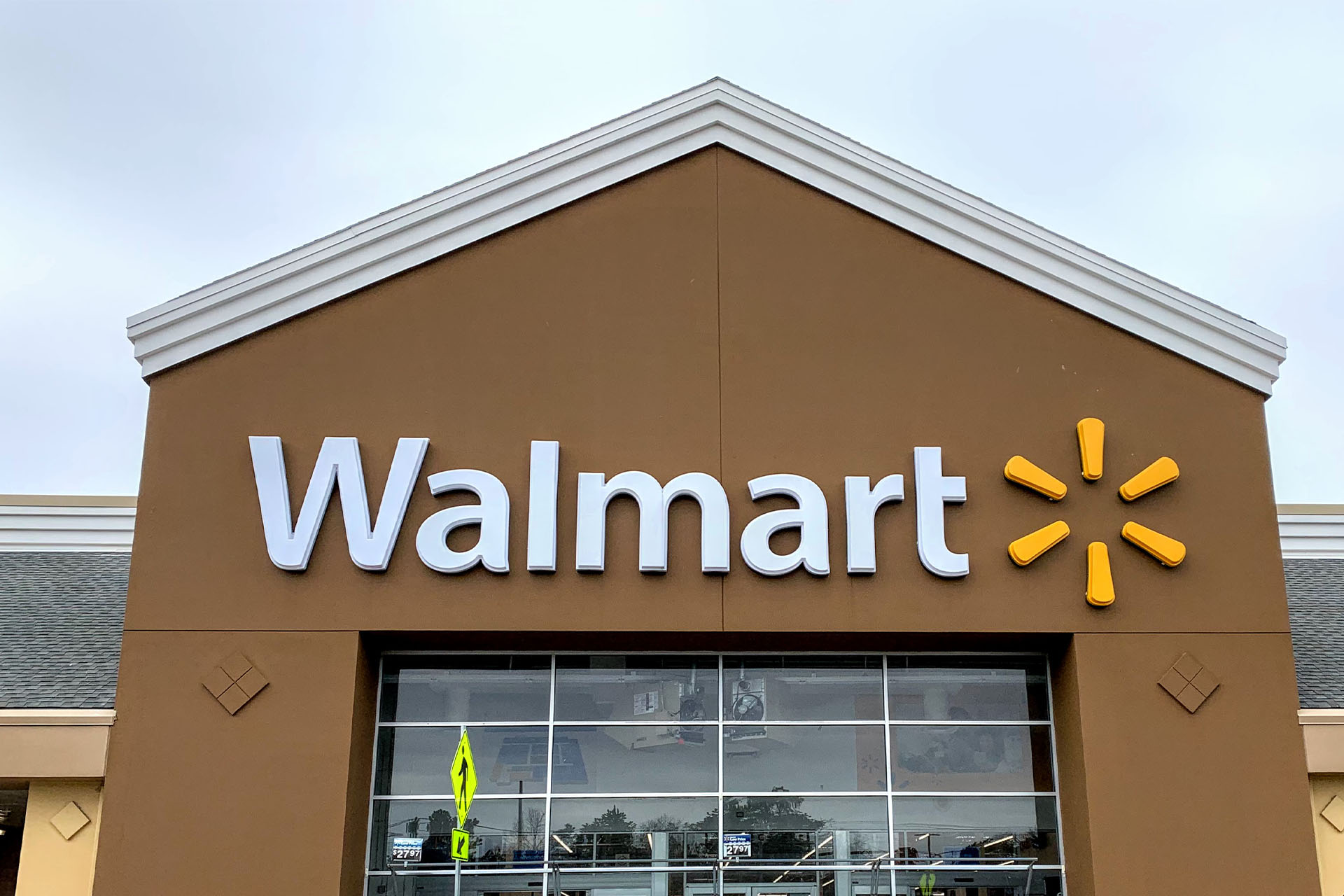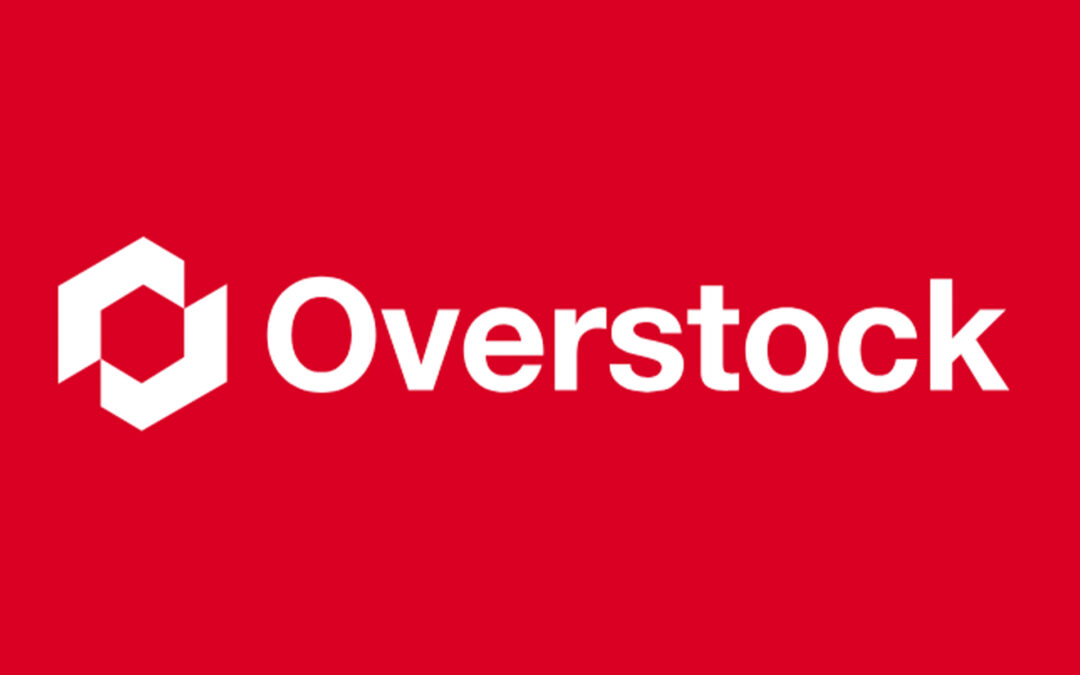Retail took some surprising twists in 2024, as the view forward from 2023 didn’t reveal how the way forward would have so many twists and turns.
Of course, some developments fell into old patterns and some weaker retailers fell by the wayside. Meanwhile, an uncertain consumer, a presidential election, lingering inflation and dock strikes conspired to create retail headwinds.
However, in the midst of it all, Walmart keeps gaining. Not only have its results been solid, but it also has continued to build its marketplace and retail media network, including with the acquisition of Vizio, to positive effects. Walmart has been doubling down on technology in its supply chain and in consumer outreach on social media, even if doubts still exist about the format in virtual reality with Walmart Realm. Walmart has expanded its tech to its Sam’s Club operation, too, where shoppers now can check out using the banner’s app on their smartphones.
Of retail businesses built on a value proposition to consumers, clubs enjoyed great popularity during the past year, with significant gains from Sam’s, Costco Warehouse Club and BJ’s Wholesale Club.
Target hasn’t had quite the same fortune, and food/household essentials are a pivot point for the challenges it has faced. After blowing out food and household essentials in the 1990s, making its discount stores essentially mini supercenters, Target scaled back those categories under the current leadership of Brian Cornell, who joined the company as chairman and CEO a decade ago and turned the department into more of a convenience grocery direction. The reasoning at the time was based, in part, on the recognition that the labor costs associated with keeping food presentations presentable were not only prohibitive but also pulling employees away from maintaining other departments.
In contrast, under Cornell, Target focused on building up consumer services, particularly drive-up and delivery, enhancing the core categories of style, baby, kids and wellness, and creating store formats to suit different communities and audiences, which gained consumer acceptance. Then, however, came inflation and Target’s reduction of food and everyday necessities meant it was carrying less of what consumers shifted to purchasing. Discretionary categories suffered in comparison, and the company lost momentum, although it hasn’t suffered a major setback, posting slightly positive comps in its recent third quarter while earnings slipped year over year
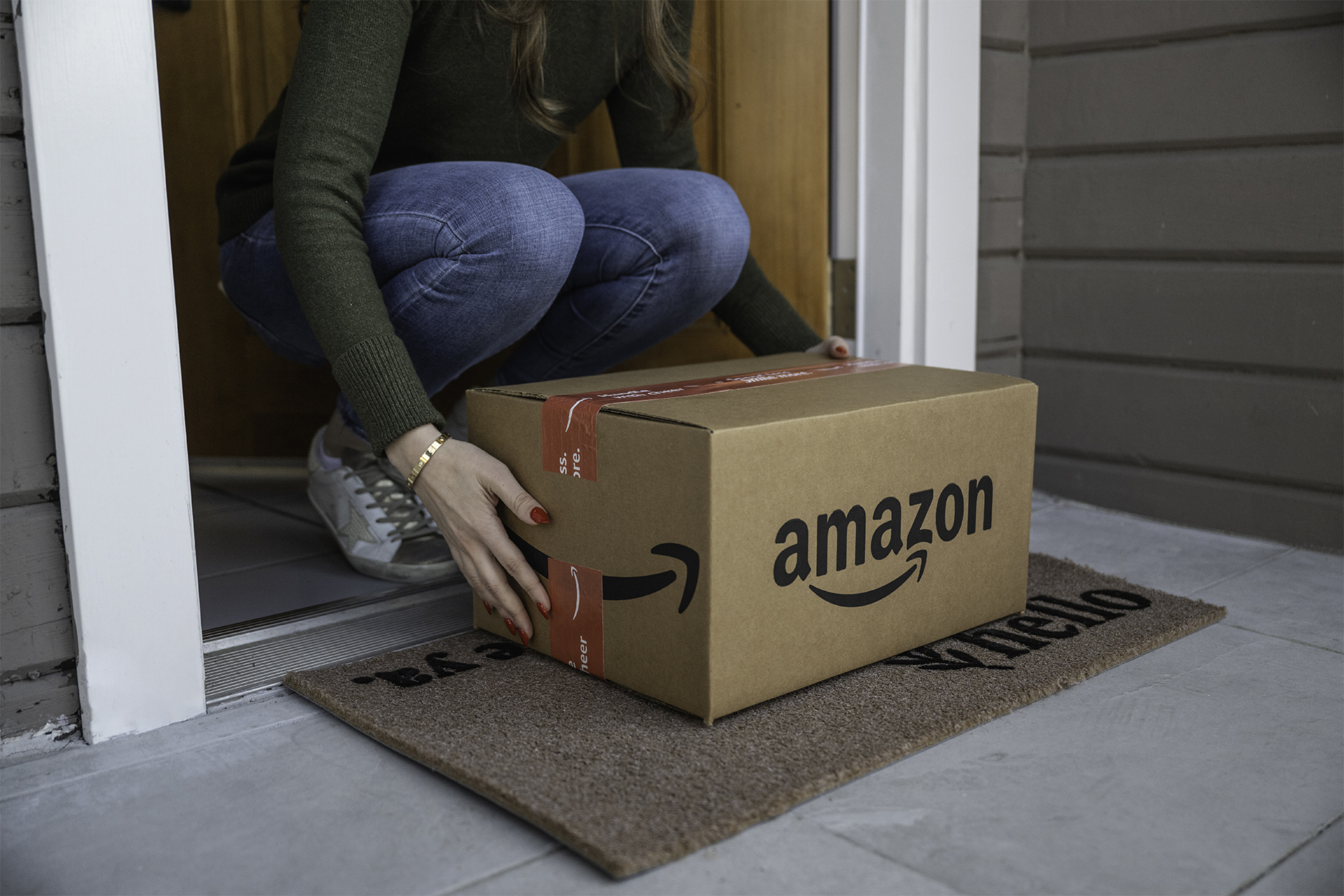
At the same time, Amazon has been moving forward, launching so many new initiatives that it’s hard to keep track. Technology drives a lot of what’s going on at Amazon, whether its shoppable livestream events or new drones that double the delivery radius of its earlier models or robotics in its supply chain.
Amazon has even challenged Shein and Temu, China-based retailers who lately have been shaking up the deep discount end of the online channel with a similarly positioned operation, dubbed Haul, which went into beta testing in time for holiday shopping. Haul is designed to appeal to younger shoppers, as was its decision to expand its resale operation to companies using its Fulfilled by Amazon logistics.
Amazon also launched its AI-powered shopping assistant Rufus and, again, called the promotional tune for the year with its Prime Days sales, bolstering revenue and giving its established loyalty program a boost. Third-quarter earnings were more than $15 billion, with merchandise and services sales gaining, demonstrating that other retailers may be doing better online, but they’re still way behind in their efforts to catch up to Amazon.
With the exception of Amazon, major e-commerce players have had their setbacks as well, notably layoffs at eBay and Wayfair, although both made progress thereafter. Wayfair opened its first namesake large-format brick-and- mortar retail store near Chicago. It continues looking at smaller locations for its specialty banners, including, recently, Perigold, which will see a second store in spring 2025.
In another move, Wayfair unveiled its first loyalty program. As it has reworked its operating model, eBay has emphasized collectibles and refurbished goods, making it a leader in resale.
It would have been hard to predict the two leading drug store chains in the United States — CVS Health and Walgreens Boots Alliance — would stumble based on their miscalculations about the health care end of their businesses, which once guided their strategies to become health care providers. The reality of healthcare economics, with the influence of insurance companies and government regulations, caused the drug chains to rethink where they were headed and threw a spotlight on the value of stores.
For its part, Rite Aid emerged from Chapter 11 bankruptcy after its own restructuring. Although not a primary cause of their woes, it’s noteworthy that organized retail crime has been a particular sore spot for drug chains, causing them to lock down merchandise and even close stores where theft was rife.
As 2024 opened, The Kroger Co. seemed ready to power through its acquisition of Albertsons Cos. However, a successful challenge by the United States Federal Trade Commission and other agencies, upheld by a U.S. District Court in early December, wound halting the combination and resulted in Albertsons suing Kroger for not doing enough to make sure the merger was completed.
In another odd twist to the year, at a time when lower-income and lower-middle-income consumers were under particular pressure from lingering inflation, even if it was tailing down through the year, dollar stores and some off-price operators didn’t have a great time of it. Executive changes ensued in many cases.
At the same time, Dollar Tree continues considering the spinoff of the Family Dollar business. The pursuit of such a spinoff, in competition with Dollar General, began a series of leadership swaps, with Rick Dreiling eventually taking over Dollar Tree as CEO after that company outmaneuvered Dollar General while he was CEO there to get Family Dollar in the first place. Dreiling left Dollar General after losing out on the acquisition. In November, Dollar Tree cited health concerns in announcing that Dreiling was stepping down and that COO Michael Creedon would become interim chief executive. The interim tag was removed from Creedon this week.
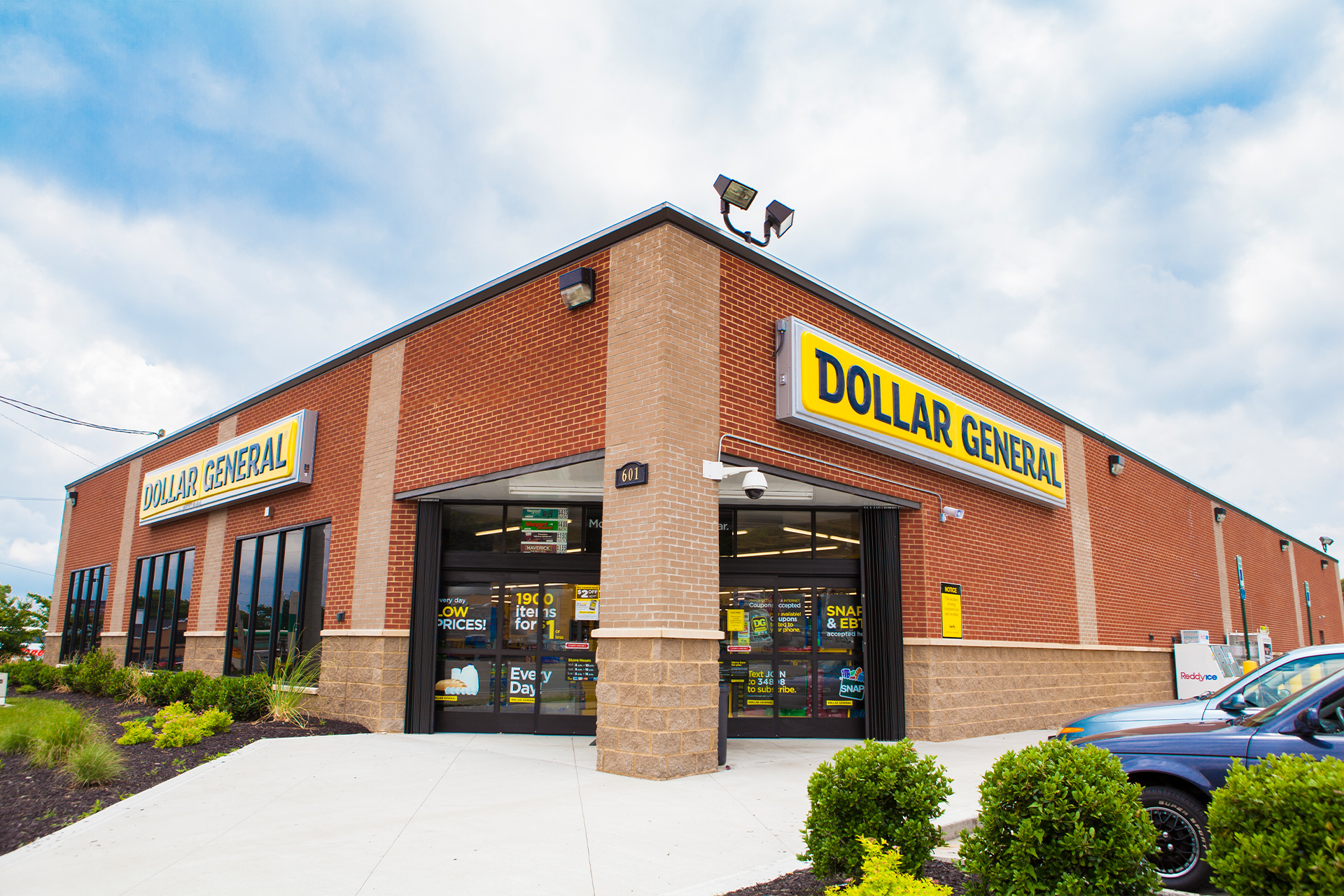
In the off-price and closeout end of retail, Big Lots’ financial troubles became more acute through 2024. After filing for bankruptcy protection, a go-private deal with Nexus Capital Management fell through, causing Big Lots to initiate going-out-of-business sales just before Christmas as it sought to find another arrangement that might keep at least part of the company in operation.
Meanwhile, stalwarts such as Ross and up-and-comers such as Ollie’s lately have had some mixed financial results, demonstrating lower- to middle-income consumers are being very careful with their dollars.
In October, Ross announced it named James Conroy, who was president and CEO of Boot Barn, as its next CEO, as part of a previously announced succession plan that will see long-time chief executive Barbara Rentler leave the post but stay on until 2027 in an advisory role. Ollie’s also announced a CEO succession with Eric van der Valk replacing John Swygert at the end of the 2025 fiscal year.
One explanation for the tough time on the value end of the retail business might be consumer inflation expectations. According to the Conference Board, consumer confidence improved in November, but the outlook for inflation, although lower, averages in at 4.9%, well above the actual inflation rate, which came in at 2.7% on an annualized basis.
Even Burlington, which had been riding high, suffered a bit of softness in the latest completed quarter. It still looks sound going into 2025. In fairness, weather in the fall included unseasonal warmth in northern states and destructive storms in the southeast and south-central.
TJX Cos. is a different story, continuing to post solid financial numbers and planning new international initiatives, including a joint venture in Mexico.
The home center business has been caught in a pinch, given higher interest rates that are deterring purchase of large, often financed appliances and home improvement projects. Although Lowe’s Cos. and The Home Depot have suffered negative comps, they remain among the more solid operations in retail. Hardware stores also are weathering the storm even if it slows progress for companies such as Ace Hardware Co. In one case, troubles have led to an acquisition initiative as True Value declared bankruptcy and named once rival Do It Best as stalking horse bidder.
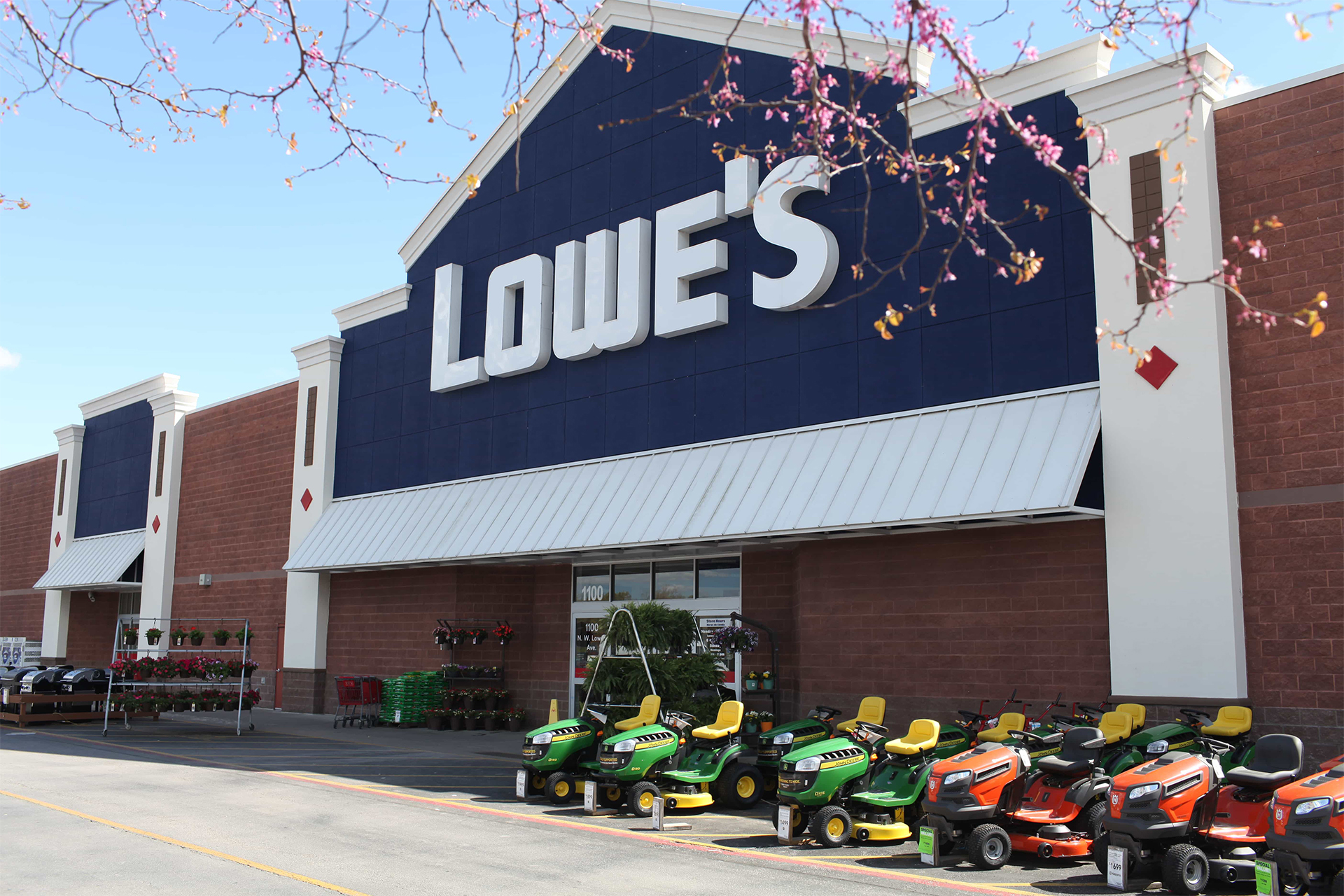
Of course, Beyond has been the source of a year-long epic as the new name replaced what had been its original moniker, Overstock. At just about the same time, Bed Bath & Beyond replaced the Overstock retail operation. Not long after that occurred, fresh thinking and eventually new leadership reestablished Overstock online.
Even as those developments proceeded, Beyond purchased Zulily’s intellectual property and recently relaunched the banner. As leadership looked at the operation and how it was evolving, the decision came to reshape Beyond as a holding company. It struck a deal with The Container Store, one that has been troubled by that company’s problem securing financing. It followed with a deal with Kirkland’s that was designed to bring Bed Bath & Beyond back into physical retailing.
It’s all still a work in progress. Although based on the other business executive chairman and driver of change, Marcus Lemonis operates Camping World. Still, the Beyond business is breaking new ground in the mainstream retail world. Overservers continue to follow Beyond closely to see how it navigates to its goal of returning to profitability during the next few quarters.
On the department store front, Macy’s had a change of leadership and another round of investment firms wanted it to make major operational changes. After Arkhouse Management Co. and Brigade Capital Management moved to acquire the company in a bid Macy’s rejected as inadequately financed, Barington Capital Group and Thor Equities challenged the company to change capital allocation strategy, to create a separate entity to manage real estate assets, to consider a possible selloff of luxury brands Bloomingdale’s and Bluemercury and to buy back up to $3 billion in stock. Macy’s, for its part, said it would listen to the investors but stated that the company would stick to its A Bold New Chapter strategic plan to revitalize inventory and shopping experience as well as close some stores and upgrade others.
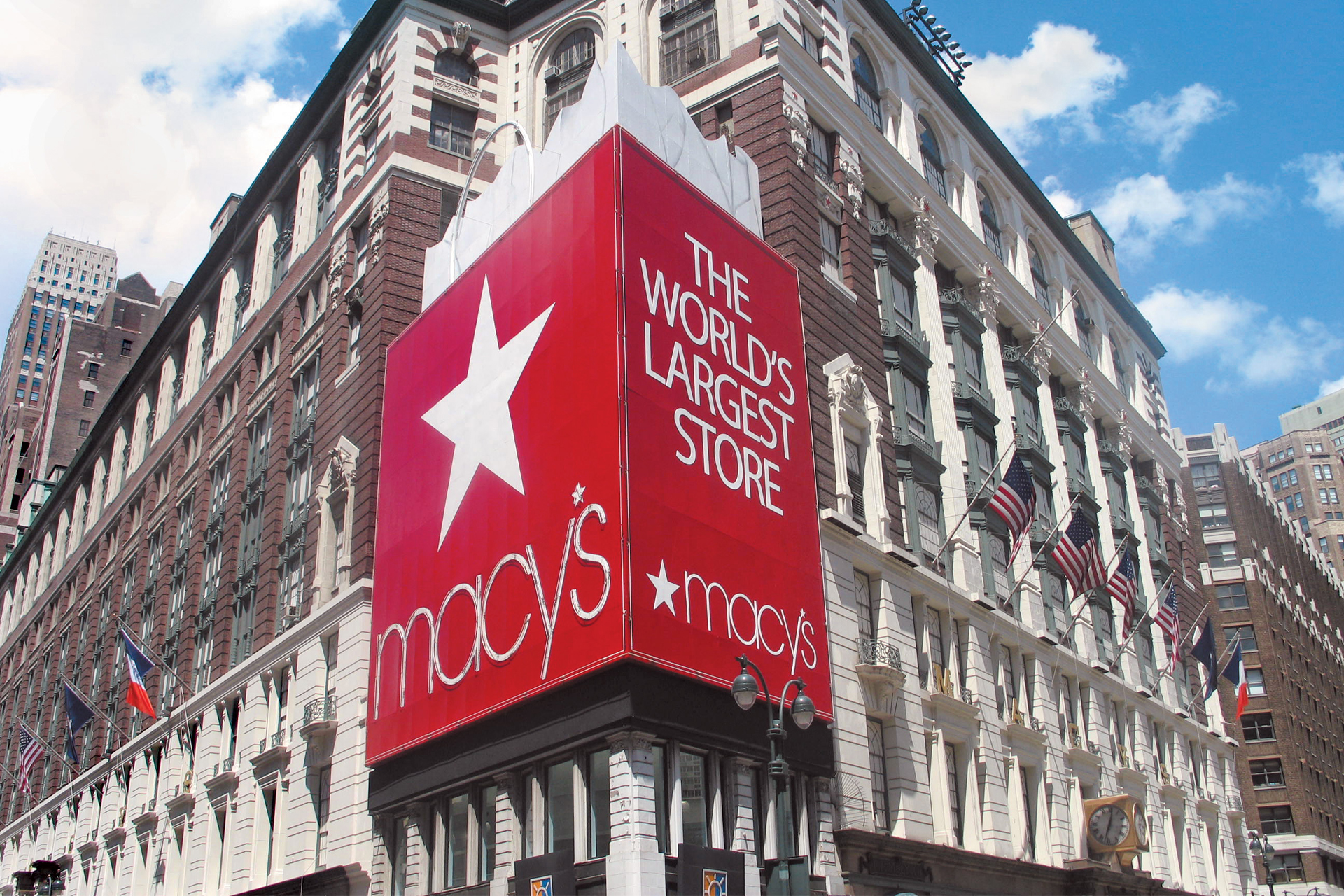
Elsewhere, the founding family is once again trying to privatize Nordstrom, which lately has had some significant gains on the department store and off-price sides. For their part, Kohl’s and JCPenney keep on looking at ways to return their business to growth, but they continue to find the effort challenging.
Kohl’s made some gains in what it sees as potential growth categories such as home decor, but its initiatives still are ramping up. Now, the company is facing another round of leadership changes with the replacement for past CEO Michelle Gass, Tom Kingsbury, scheduled to depart the company early next year. The Michaels Cos. former CEO Ashley Buchanan to take his shot at advancing the business.
Of course, Kohl’s got Sephora to switch mass market affiliations from JCPenney in a highlight of Gass’s time at the helm, and it has had a positive influence. And specialty beauty competitor Ulta has found a mass market partner with Target. Although Sephora, Ulta and Macy’s Bluemercury all have been gaining and providing support for their partner or parent company, the days of consistent big gains in the beauty sector might be continuing at a lesser pace if not peaking.
Williams-Sonoma, in dealing with the choppy economy, keeps rolling out new collections and collaborations, and it has managed to maintain earnings improvements in the face of comparable sales declines.
With the electronics sector still soft, Best Buy also is trying to maintain profits as comps slip.
Qurate Retail Group has confronted changing market conditions as it adapts to a new media landscape and shifts what had been a broadcast and e-commerce business into the age of streaming media and social shopping. In December, the company announced that it was switching NASDAQ markets as it tries to reach share price compliance and its name to QVC Group.
Ikea has been exploring smaller formats in and major cities with, for example, a Plan and Order point operation without the maze of showrooms planned for Colma, CA. The company even bought into an office tower development in New York City to grab retail space on Fifth Avenue for another such a scaled-down operation.
At Home is another company with a new CEO as Brad Weston moved over from Party City Holdings.

